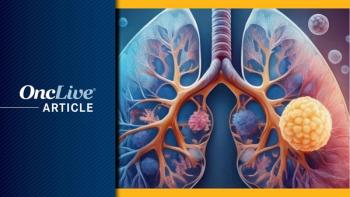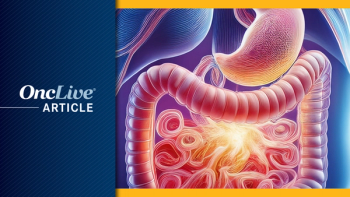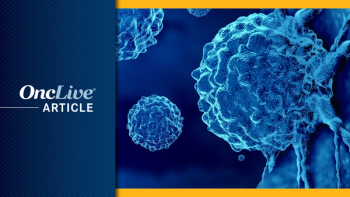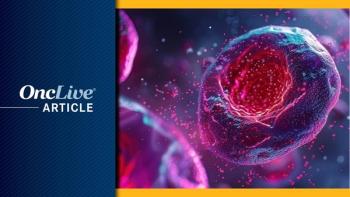
Breast Cancer Pioneer, Giant of Cancer Care® Bernard Fisher Dies at 101

Bernard Fisher, MD, a world-renowned physician/scientist and the chair of the National Surgical Adjuvant Breast and Bowel Project for more than 27 years, has died at the age of 101.
Bernard Fisher, MD
Bernard Fisher, MD, a world-renowned physician/scientist and the chair of the National Surgical Adjuvant Breast and Bowel Project (NSABP) for more than 27 years, has died at the age of 101.
In his most famous findings, data from the NSABP B-04 trial published in 1971 showed that total mastectomy produced outcomes equal to the more invasive radical mastectomy for women with breast cancer. Five years later, results from NSABP B-06 showed that lumpectomy plus radiation treatment was as effective as mastectomy.
Fisher’s findings were extremely controversial. Conventional wisdom of the time held that radical mastectomy, removal of all breast and nearby tissues, was the only appropriate treatment for breast cancer. Daniel A. Osman, MD, former director of the Miami Breast Cancer Conference, said in 2013 that US surgeons “hated” Fisher when he began performing lumpectomies. Osman said Fisher lived by the credo “In God we trust. All others require data.”
“Few people have completely changed the thinking and management of a disease. Dr Fisher is truly an icon of oncology who forever changed our approach to treating breast cancer,” Richard L. Schilsky, MD, ASCO senior vice president, said in a news release. “It is somehow remarkable that he would leave us in October, during Breast Cancer Awareness Month.”
Fisher became chair of the NSABP in 1967 and remained in that role until 1994. Under his leadership, the project validated the use of tamoxifen as a breast cancer treatment and introduced neoadjuvant chemotherapy to reduce tumor size. In 1992, Fisher and the NSABP initiated the first trial to test tamoxifen as a breast cancer prevention agent, concluding that the drug decreased the incidence of breast cancer and was appropriate for many women at increased risk for the disease.
Fisher spent nearly his entire adult life connected to the University of Pittsburgh and the school’s Medical Center (UPMC). He earned his medical degree there in 1943 and later joined the staff as the first full-time member of the department of surgery. He was named to his final role at UPMC, Distinguished Service Professor of Surgery, in 1986.
Among his many accomplishments, Fisher was named a Giant of Cancer Care® award winner in the breast cancer category in 2013. He won the David A. Karnofsky Memorial Award and Lecture in 1980, ASCO’s highest scientific honor. He served as ASCO president from 1992 to 1993 and would go on to win the organization’s Distinguished Service Award for Scientific Achievement in 1999 and its Statesman Award, now called the Fellow of the ASCO distinction, in 2007. In 2014, ASCO named him an “Oncology Luminary” in celebration of the Society's 50th anniversary.
“The world lost one of our brightest minds today,” said Mike Hennessy, Jr, president and CEO of MJH Life Sciences™. “To say that Bernard Fisher was a ‘Giant’ would be an understatement. What he did for patients with breast cancer was game-changing—millions of patients are alive and living better lives today thanks to treatments he helped discover.”
He was also honored with the American Association for Cancer Research Award for Lifetime Achievement in Cancer Research, the American Surgical Association Medallion for Scientific Achievement, the Medal of Honor from the American Cancer Society, and the Albert Lasker Clinical Medical Research Award. President Jimmy Carter appointed Fisher to the President’s Cancer Panel in 1979. President Ronald Reagan appointed him to the National Cancer Advisory Board in 1986.



































